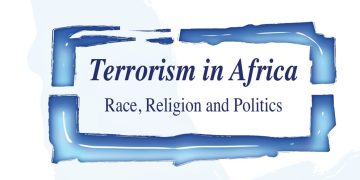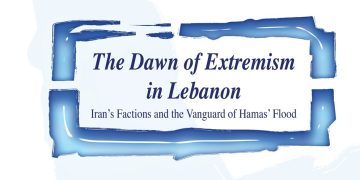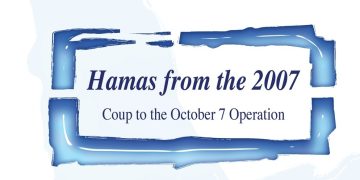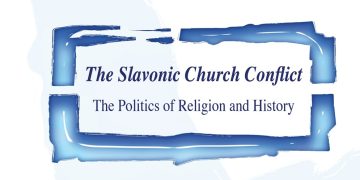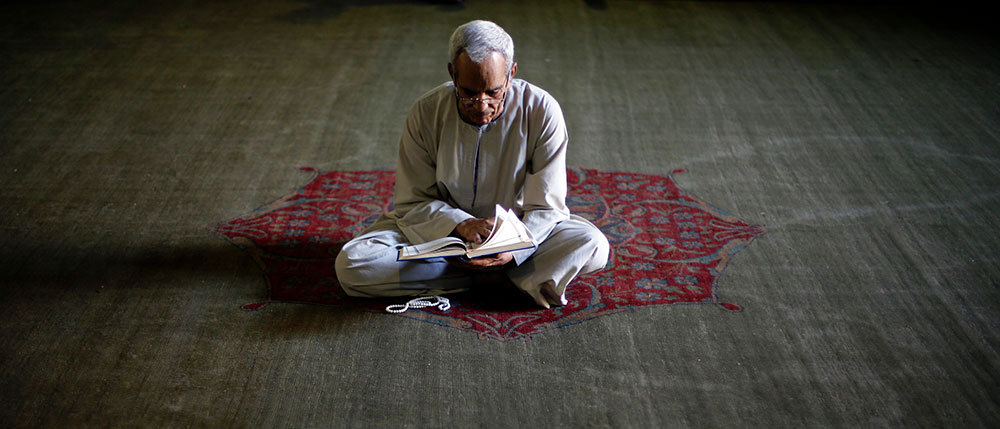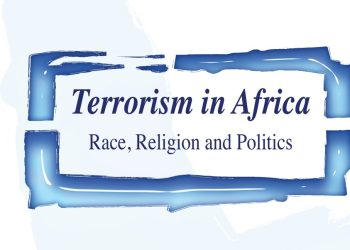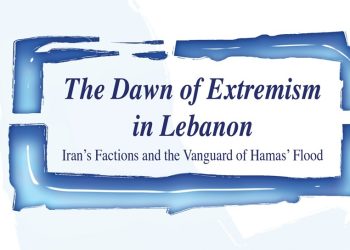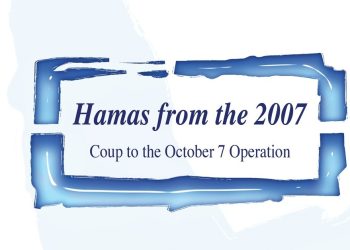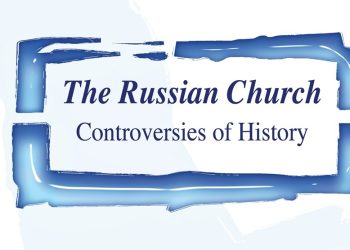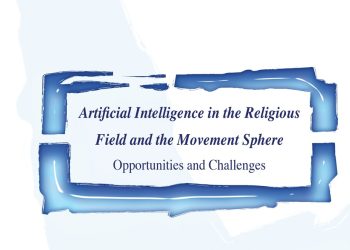Al Mesbar’s 109th monthly book, for January 2016, addresses transformations in religio-political discourse in the Gulf after the 2011-’12 Arab upheavals, with particular attention to Saudi Arabia.
Some analysts in the Arab region seek to draw a distinction between, on the one hand, religion as a representation of values that remain fixed through changing circumstances; and on the other hand, religious discourse, as a scene of fluctuating sociopolitical trends in which ideologues seek to advance their goals. The studies in this book address transformations in the discourse of Gulf-based religious movements in particular. The aim is to assess degrees of transformation with respect to relations with the state, the status of various rights, and the situation of the Muslim Brotherhood in an environment of Gulf-based Salafist “political Islam.”
State constitutions and the application of Sharia are among the most controversial topics for Islamists. One of the studies traces the historical interplay between the Saudi state and a range of Islamist movements. It zeroes in on those Islamist movements collectively known as the “Sahwa” [Rennaisance], which have been active in the Kingdom since the 1980s. In crossing paths with a range of regional and local trends over time, they tended to adopt an anti-government posture and a range of democratic slogans.
In the Gulf broadly speaking, Islamists adjusted their discourse and political narratives on the basis of opportunities that arose during the Iraq-Iran war (1980-1988), the American-led occupation of Iraq, and the “Arab Spring.” Nearly all of them came to adopt the language of democracy and human rights as a wedge against Gulf establishments. Notably during and since the Arab spring, it has become common for movements that had long called for the application of Shari’a law to call instead for democratic political participation and human rights. Some movements still vacillate between the new discourse and the older one. However, it appears that the arc of the discourse tilts toward the adoption of secular cosmopolitan rhetoric in an attempt to approach the younger generations that no longer find the old narratives compelling.
The center would like to thank all the researchers who participated in this book’s research and production, and our colleagues Abdullah Hamiduddin and Ibrahim Amin Al-Nimr for their efforts in coordinating this edition.
Editor in Chief


